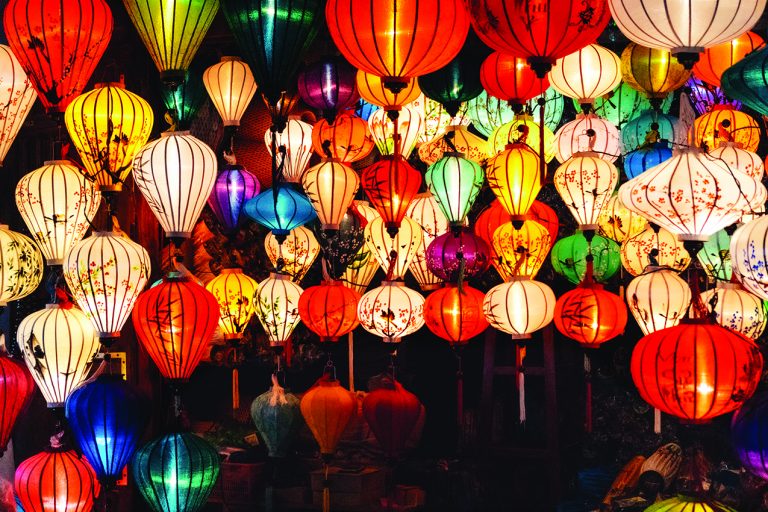By Metro Creative
Lunar New Year is traditionally celebrated in Asian countries and others influenced by Chinese culture.
Vietnam marks the Lunar New Year called Tet. South Korea marks the event with a big family meal. Singapore and Malaysia also mark the Lunar New Year.
Chinese New Year is a cultural phenomenon in China. In fact, the National Museum of Asian Art indicates Chinese New Year is the most important holiday in China, where a 15-day celebration incorporates age-old traditions in commemoration of the nation’s culture and history. Chinese New Year also has a global footprint and celebrations in various countries commemorate this unique event that heralds the arrival of spring and the beginning of a new year on the lunisolar calendar.
One notable tradition associated with the Chinese New Year involves animals. That tradition is traced to an ancient Chinese poem that told the story of 12 mythical animals that descended from the heavens in a particular order. The rat was the first animal to arrive and help celebrate the coming spring, and the pig was the last to make its presence known.
According to National Museums Liverpool, the snake is wise and intense. The snake, this year’s animal, emphasizes physical beauty, which is why it’s often associated with vanity.
“Travel China Guide” adds that the snake carries meanings of malevolence, cattiness and mystery, but also notes that some in China believe a snake found in a courtyard is an omen of good luck. In addition, Chinese mythology characterizes the creator of the world as having a human head and the body of snake.
In 2025, the Chinese New Year begins on Wednesday, Jan. 29. <n> For Vietnamese, Tet is primarily a time for family. People travel from far and wide to be with their loved ones. Celebrating Tet typically occurs during the week before and after the holiday, specifically from Wednesday, Jan. 22 to Wednesday, Feb. 5.
In Vietnamese culture, the snake symbolizes wisdom, mystery and flexibility. People born in the Year of the Snake are often thought to possess qualities such as charm, intuition and a knack for strategic thinking.
During Tet, Vietnamese families honor their ancestors, exchange gifts and enjoy special foods as they look forward to a year of prosperity and good fortune.




